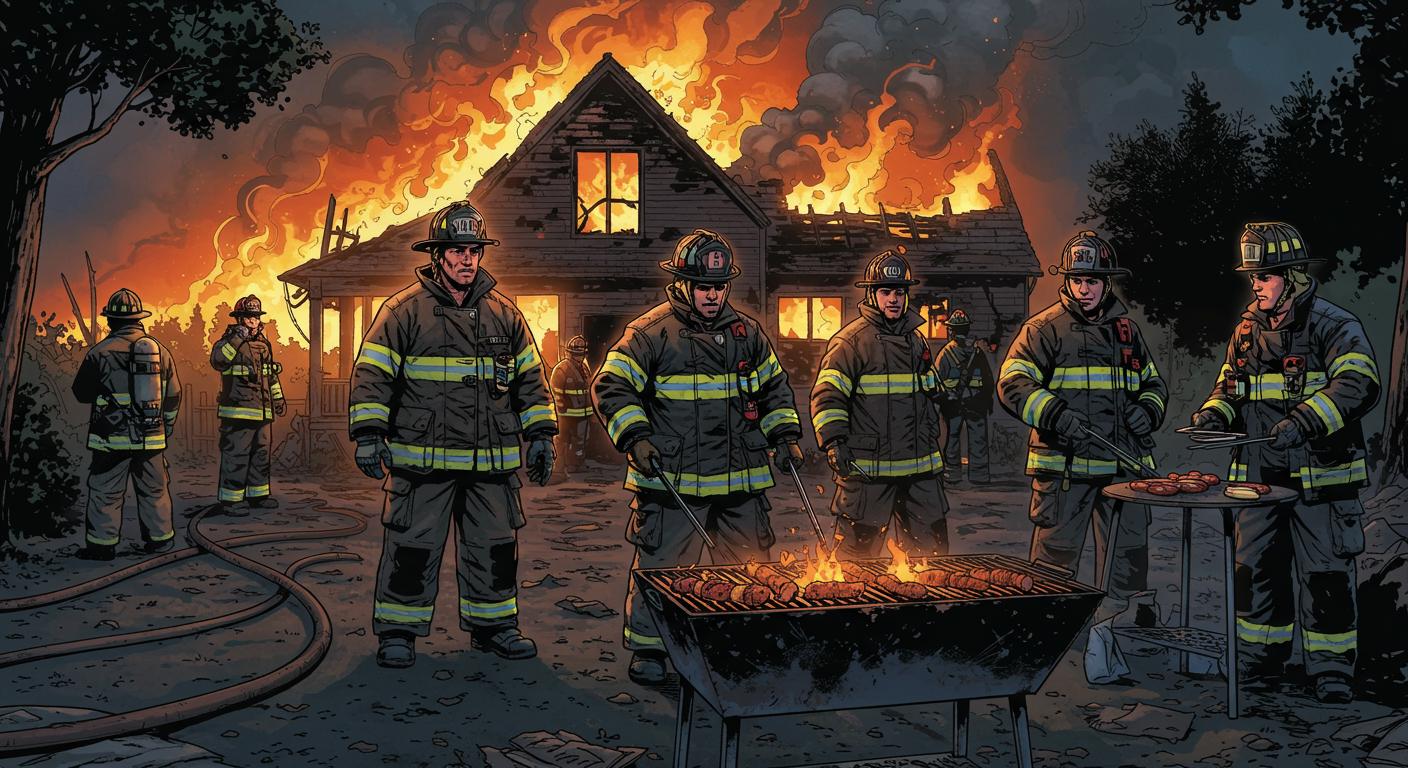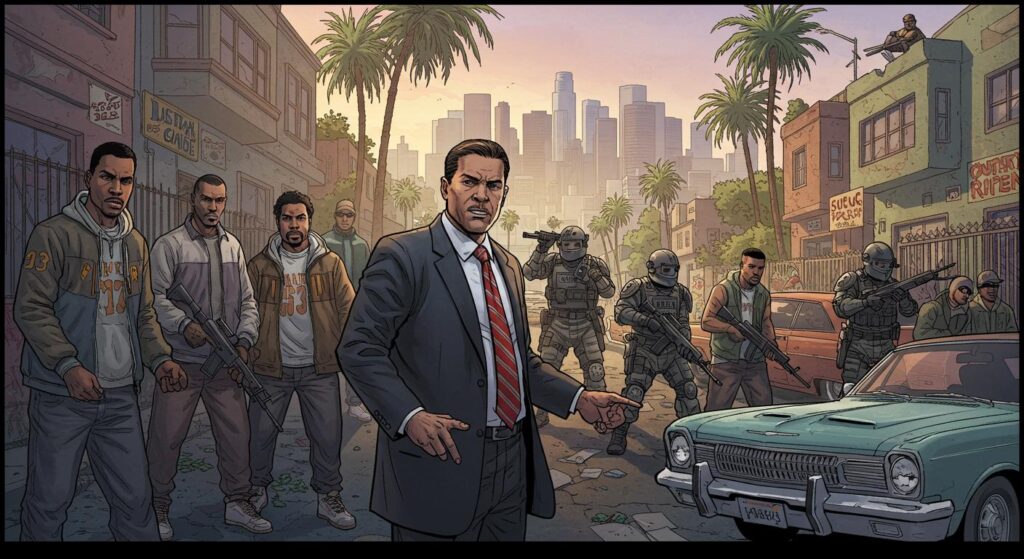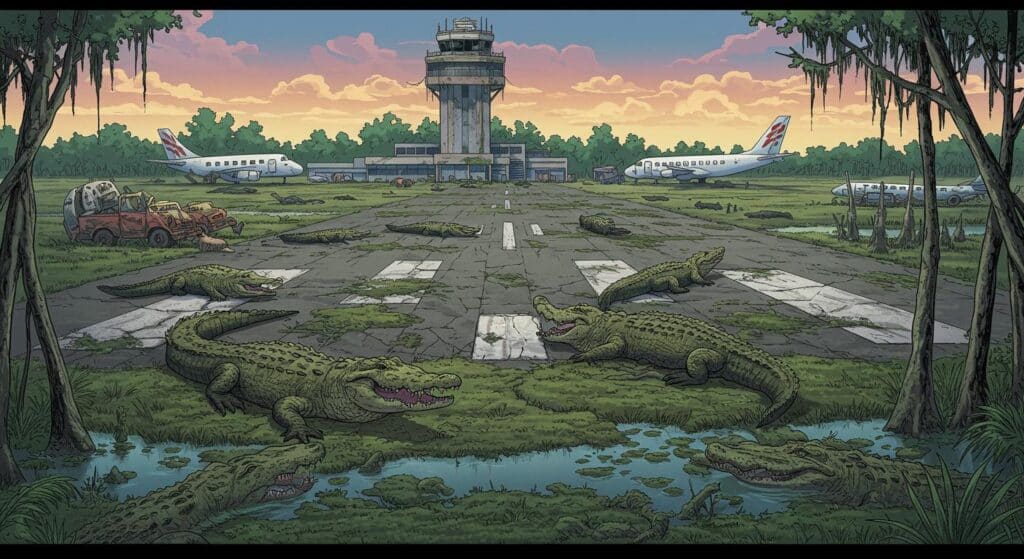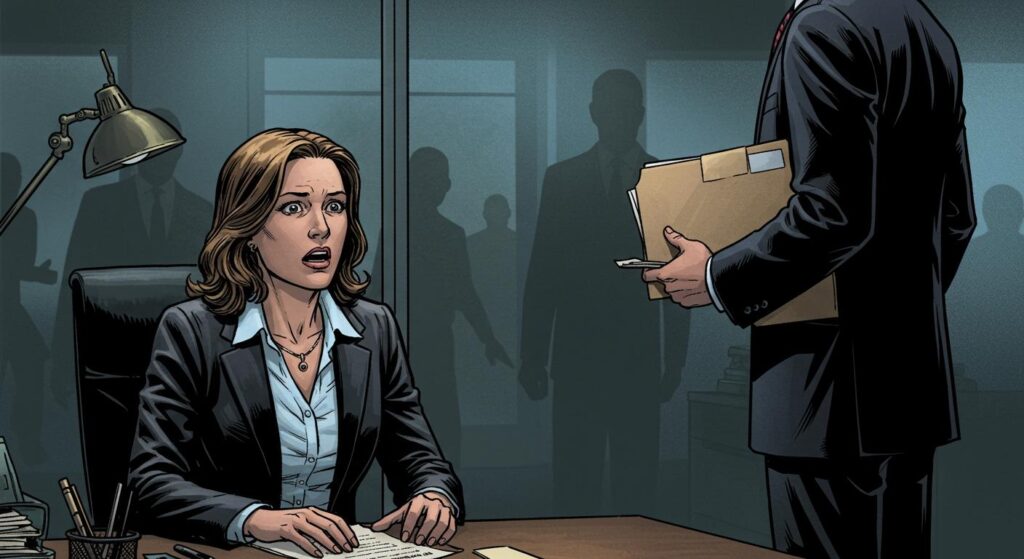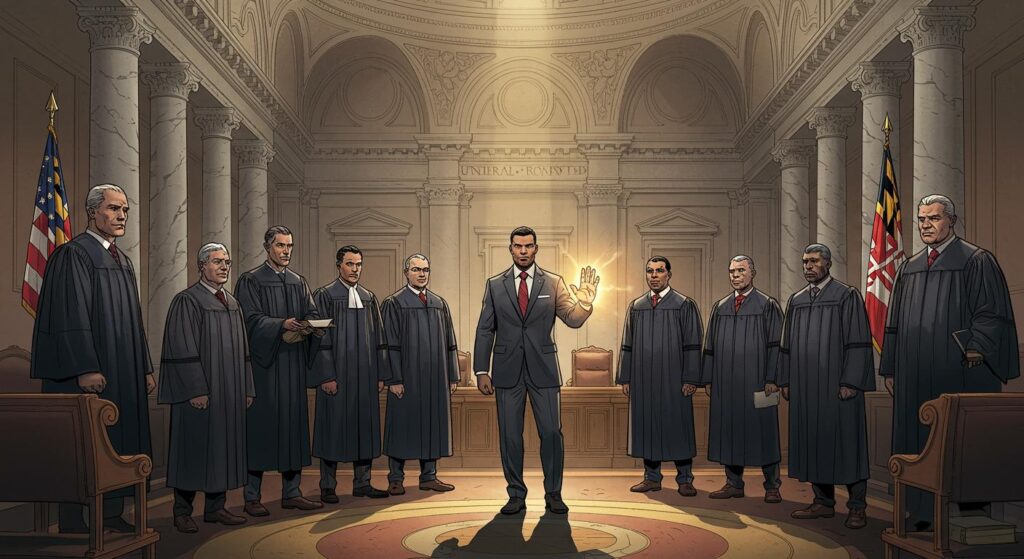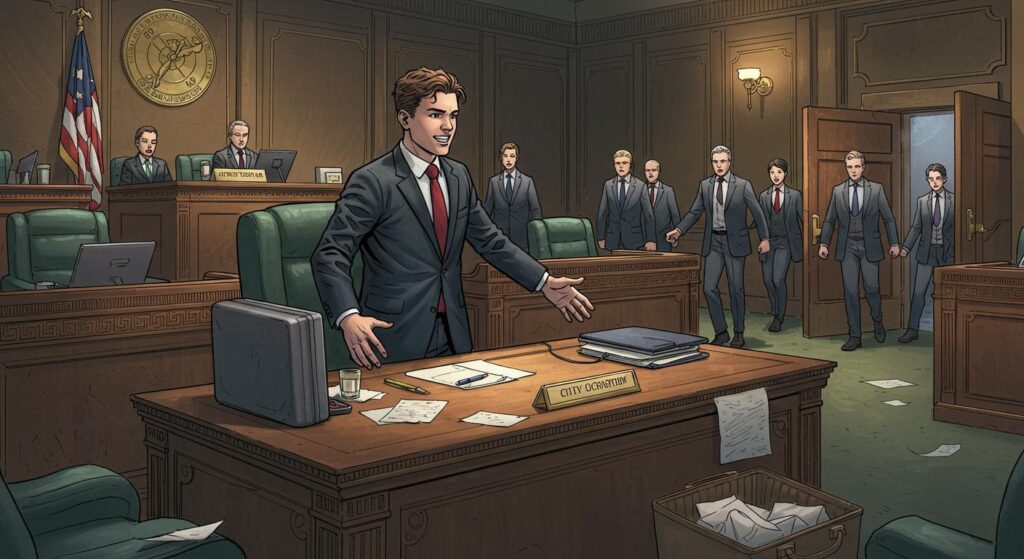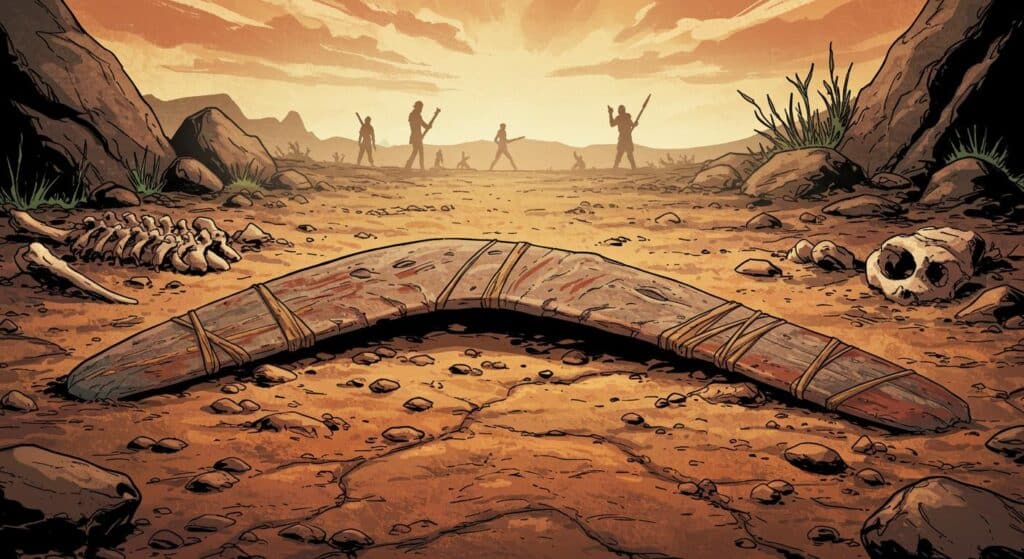In the small town of Clawson, Utah, a fatal blaze on Father’s Day has taken a side route from local heartbreak to the realm of the truly peculiar. As reported by ETV News, June 15 saw a deadly fire rip through a single-wide trailer, ultimately claiming the life of Richard Wright, an elderly resident. What followed, however, is what’s raising eyebrows across the county and beyond.
Brisket and Bereavement, Served Side by Side
Nine days after the fire, ETV News recounts, Kenna Harris—Wright’s niece—sent an email accompanied by photos to a veritable roll-call of officials: Ferron and Clawson mayors and councilmembers, Emery County Commissioners, and Utah legislators. The photographs, Harris wrote, showed a Traeger smoker grill and camping chairs assembled right in front of what remained of her uncle’s home. According to details cited in her letter and relayed by the outlet, Harris viewed this post-fire cookout as an affront to decency: “When one thinks of a group of individuals having a BBQ, it usually is in a celebratory fashion. Imagine if the deceased occupant was your family member and when you show up to the scene you see the fire department enjoying a BBQ.”
While expressing her dismay, Harris made the point that she wasn’t weighing in as an uninformed bystander. ETV News highlights that she described herself as a retired 911 dispatcher, familiar with both the long hours and sacrifices made by firefighters and emergency workers, and with the expectations that come with professionalism: “I mention all this to make it clear that I am not a public safety backseat driver or an armchair quarterback. I don’t enjoy having to write this letter, but I feel a sense of duty to call out such egregious behavior,” Harris wrote, as summarized by ETV News. Her requested response: a formal plan of action to prevent similar incidents and a letter of apology to Wright’s family.
Policy, Protocol, and BBQ Etiquette
ETV News reports that when approached about the incident, Ferron Fire Chief Randy Kenney referred all questions to Ferron City Mayor Trent Jackson and the city council. As described in the outlet’s coverage, Jackson explained the circumstances: firefighters had been on scene for several hours and required sustenance. He clarified that the grill and supplies weren’t department-issued, but brought by the wife of a first responder. Notably, he stated to ETV News that Wright’s body had already been removed by the time any grilling started and that the firefighters were remaining on site to monitor for flare-ups while waiting for the state fire marshal to arrive.
Following a review of relevant city policy, Jackson responded to Harris in an email, initially expressing concern but ultimately determining that no rules had been broken. As the outlet documents, Jackson indicated that no apology letter would be issued, since policy had not been violated. He also noted, according to ETV News, that the firefighters had in fact been praised by local residents and Emery County Commissioners for their response.
The investigation into the cause of the fire continues, as reported by ETV News.
Human Need, Human Sensitivity, and an Offbeat Scene
Taking all of this into account—the grieving family, the volunteers, the municipal protocols meticulously followed—one has to pause: is holding an impromptu barbecue at the literal scene of a tragedy just practical, or is it publicly callous? As ETV News shows, the details here are mostly undisputed. Firefighters did not bring the grill themselves, the meal began after recovery was completed, and everyone on site was waiting for an official investigation to continue. Parenting a grill, apparently, is not a policy violation.
But that image—a BBQ unfolding atop the still-charred lot—lands differently for those on the outside, especially family. In another context, maybe it would be a gesture of neighborly support for exhausted volunteers. Here, described through the account relayed by Harris and published in ETV News, it reads more as a surreal juxtaposition—community service blending with an oddly-timed tailgate.
So, should policy be updated with a line item about cookouts on fatal firegrounds? Or is the real issue a question of timing and optics, less a matter for the rulebook than for basic human sensitivity? It’s a scene so peculiar you have to look twice: charred timbers, smoke in the air, and—quietly, perhaps a little awkwardly—the smell of brisket drifting over the blackened remains. Sometimes the strangeness is in the details, and in Clawson this June, the details have certainly given everyone a lot to chew on.

